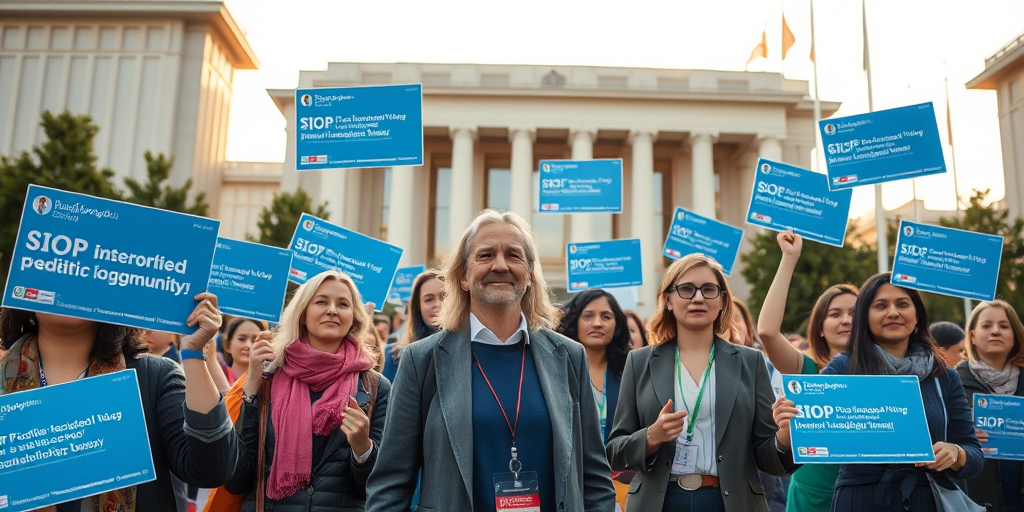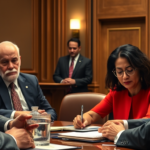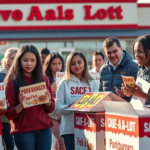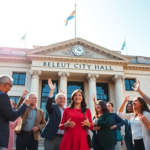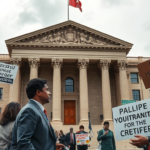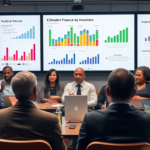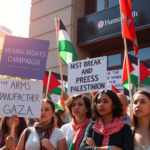Advocating for Childhood Cancer Inclusion in the 4HLM Declaration
In a significant development for global health policy, the International Society of Paediatric Oncology (SIOP) has issued a call to action, urging stakeholders in the oncology community to advocate for the inclusion of childhood cancer in the forthcoming Fourth High-Level Meeting (4HLM) on Non-Communicable Diseases (NCDs). This advocacy aims to cement childhood cancer’s place within the global health agenda, ensuring it remains a priority in discussions and interventions worldwide.
Childhood Cancer: A Global Health Priority
The SIOP’s appeal coincides with the finalization of the Outcome Declaration of the 4HLM on NCDs, a document set to guide international efforts in addressing non-communicable diseases. Central to the SIOP’s mission is the inclusion of a paragraph that proposes scaling up interventions to achieve a childhood cancer survival rate of at least 60% globally by 2030, as outlined in the Global Initiative for Childhood Cancer (GICC).
This effort underscores the critical need for sustained momentum in tackling childhood cancer, an area historically overshadowed by other health concerns. Dr. Lisa Gonzalez, a pediatric oncologist at the Rio Grande Valley Children’s Hospital, emphasizes the importance of this initiative: “The inclusion of childhood cancer in global health policy not only elevates awareness but also directs much-needed resources and attention to this vulnerable population.”
OncoDaily: A Supportive Platform
OncoDaily, a comprehensive online platform for oncology resources, stands as a critical ally in these advocacy efforts. Providing tools like the OncoCalendar, newsfeeds, and in-depth analysis through OncoDaily Pulse, the platform enriches the oncology community with information and support necessary for effective advocacy. The OncoGrants section further empowers stakeholders by offering insights into funding opportunities, while OncoDaily TV and newsletters extend the platform’s outreach and educational scope.
Dr. Emily Tran, a contributor to OncoDaily’s Voices section, articulates the platform’s role: “OncoDaily not only informs but also unites professionals in pressing for policy changes and enhances community engagement through networking opportunities.”
Local Impact in the United States
For communities across the United States, including those in the Rio Grande Valley (RGV), this global advocacy resonates on a local level. The potential inclusion of childhood cancer in the 4HLM Declaration could lead to increased investment in pediatric oncology services and research throughout the U.S., benefiting countless American families. In areas where healthcare resources are often limited, such mobilization can be transformative.
John Martinez, a parent from McAllen, shares the local sentiment: “For families like ours, this initiative isn’t just about policy; it’s about hope and the reassurance that our children’s struggles are recognized and addressed on a global scale.”
Challenges and Considerations
Despite widespread support, the advocacy campaign faces challenges, particularly in securing commitments from policymakers who must balance myriad health priorities. Ensuring persistent engagement from government representatives and policymakers is essential to facilitate the paragraph’s inclusion in the final declaration.
Experts such as Dr. Teresa Murray, director at a local health NGO, underscore this complexity: “It’s crucial we navigate this advocacy with evidence-based arguments that clearly demonstrate the long-term benefits of prioritizing childhood cancer, both in terms of health outcomes and economic gains.”
Future Implications
Looking ahead, successful advocacy today sets the stage for a better tomorrow. Ensuring childhood cancer remains a focal point in global health policy could lead to improved survival rates and quality of life for children worldwide. Moreover, it could stimulate further research into innovative treatments, aligning with the ongoing evolution of oncology technology.
In the RGV and beyond, this movement could foster collaborations between local healthcare providers and international partners, enhancing capabilities and resource sharing.
Achieving Change Through Community Efforts
Success in this advocacy lies in mobilizing communities and leveraging platforms like OncoDaily to amplify voices and actions. OncoDaily remains a pivotal resource, bridging gaps in information and connecting professionals and advocates dedicated to the cause.
As Mary Williams, a young cancer survivor from Texas, poignantly states: “The global fight against childhood cancer starts with collective voices—each one adding strength to our call for change.”
Resources for Advocacy
SIOP has made available a template advocacy letter to facilitate outreach efforts with national governments and UN Missions, enabling advocates to efficiently articulate their support for childhood cancer initiatives. Local organizations and community groups are encouraged to adapt and utilize these resources to strengthen their advocacy campaigns.
In conclusion, while the challenges are formidable, the dedication and collective action of the oncology community, supported by platforms like OncoDaily, promise a future where childhood cancer is no longer an overlooked chapter in global health narratives. By keeping this issue at the forefront, we move closer to a world where children have equitable chances of survival and recovery from cancer, regardless of geography.

